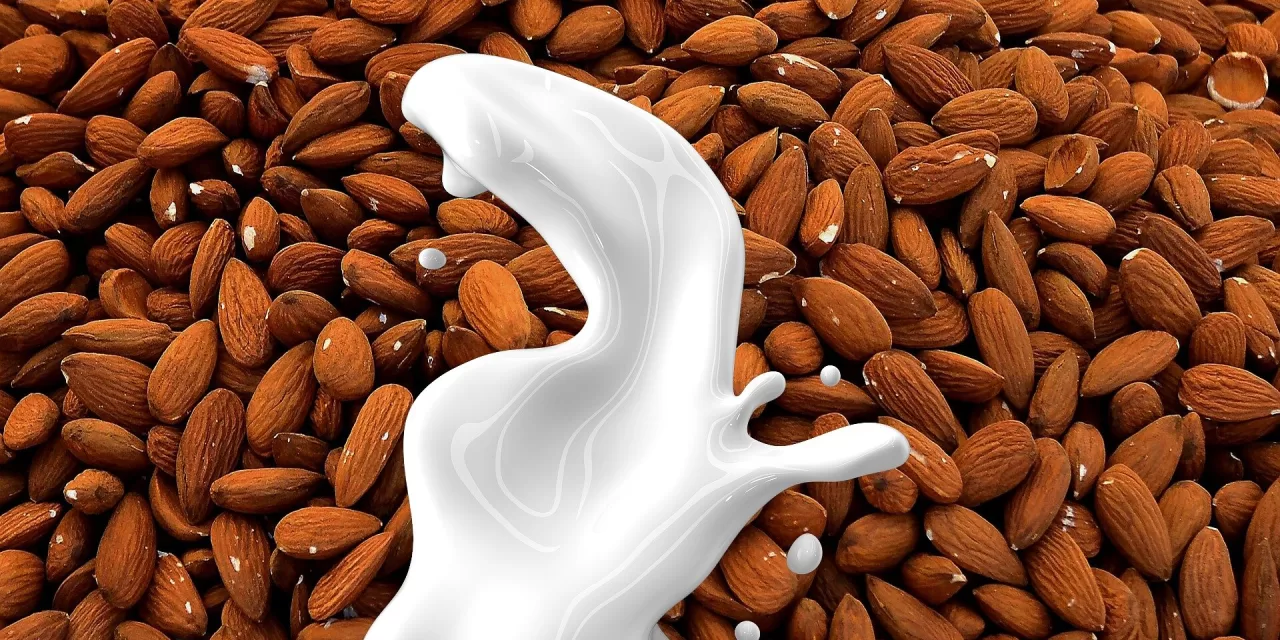Oat, almond, and soy milk are popular alternatives to cow’s milk, but a recent study suggests these beverages may fall short nutritionally and could even carry certain health risks.
Over the past decade, plant-based milk alternatives have seen extraordinary growth in the global market, largely driven by their eco-friendly reputation. However, researchers from the University of Copenhagen warn that extensive processing used in producing these beverages could compromise their nutritional value and, in some cases, create harmful compounds.
The study, led by Professor Marianne Nissen Lund from the Department of Food Science, highlights that plant-based drinks are not a complete substitute for cow’s milk when it comes to essential nutrition. “Plant-based drinks cannot replace cow’s milk in terms of proper nutrition,” Lund explained.
Nutritional Gaps and Heat Treatment Concerns
The research team analyzed 10 different plant-based beverages and compared them to cow’s milk. They found that the nutritional quality of proteins in plant-based milks is significantly affected by the processing methods used.
Lund pointed out that plant-based drinks undergo more intense heat treatments than cow’s milk, a process called ultra-high temperature (UHT) treatment. While this extends the shelf life of the beverages, it also triggers a chemical reaction known as the “Maillard reaction.” This reaction, which occurs between proteins and sugars, reduces the overall nutritional quality of the proteins and depletes essential amino acids.
Cancer-Causing Compounds Discovered
The study also revealed the presence of acrylamide, a known carcinogen, in four of the plant-based beverages made from almonds and oats. Acrylamide can also be found in other foods such as bread, cookies, coffee beans, and fried potatoes, including French fries.
While the levels of acrylamide detected were low and not immediately dangerous, Lund cautioned that consuming even small amounts of the compound from multiple sources could accumulate over time, posing potential health risks.
Protein Deficiencies in Plant-Based Milks
In addition to chemical concerns, the study underscored a major nutritional gap: most plant-based milks contain significantly less protein than cow’s milk. Combined with the effects of heat treatment, this raises questions about whether plant-based drinks can provide sufficient nutrition, especially for individuals who rely on them as a primary milk alternative.
A Balanced Perspective
The findings, published in the Food Research International journal, do not discount the environmental benefits of plant-based milk alternatives, but they emphasize the importance of informed consumption. Lund and her team recommend that consumers view plant-based milks as complementary beverages rather than direct replacements for cow’s milk, particularly when considering protein and essential amino acid intake.
As the popularity of plant-based drinks continues to rise, experts suggest exploring ways to improve their nutritional quality through better processing methods. For now, those who consume plant-based milks may want to diversify their diets to ensure they meet their nutritional needs.












